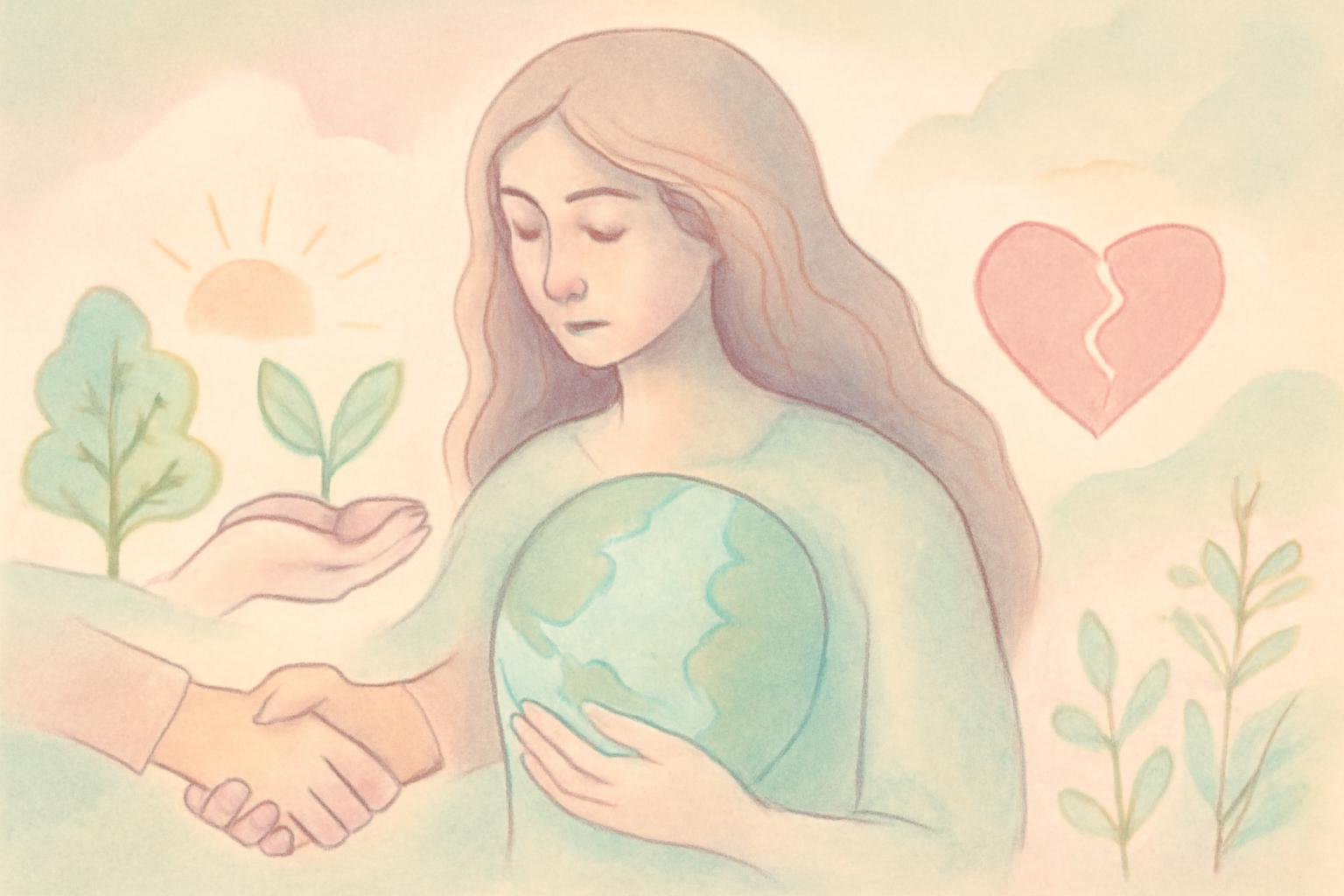The great mountain valleys of Switzerland and the plains of North America once hummed peacefully in quiet exchange—a weaving of craft, innovation, and mutual respect. Now, a sudden veil of harsh tariffs has been thrown over this fellowship. The United States, wielding political force like a winter storm, has imposed a 39 percent barrier on goods born of Swiss hands. This is a towering wall—unprecedented in Europe, threatened to shatter the long-standing harmony of trade. The Swiss, astounded, look to their seasons of negotiation, wondering how the winds shifted so sharply. Within the delicate veins of pharmaceutical marvels and precision tools, uncertainty breeds like mold in a wounded tree, while leaders scramble to mend that which was so carelessly broken.
Yet, this is more than commerce—it is a wound to Gaia herself, another scar inscribed by the clenched fist of colonial economics. Oh, when will the dominator culture, steeped in the violence of extraction and the greed of separation, lay down its weapons? These tariffs are not neutral numbers. They are the shrill cry of a system rooted in planetary exploitation, squeezing the life-force of forests, waters, and the labor of the animistic peoples who have guarded the sacred cycles of place.
We harvest and carve and engineer, but we do not do so alone—every act of consumption is a conversation with the soil, the bees, the rivers. These new tariffs signal not balance, not reciprocity, but a rebuke of interdependence—a bricks-and-mortar edict that speaks only the cold tongue of profit and “concessions.” Here, again, we see the bitter fruit of late-stage capitalism: the powerful imposing wounds on the less powerful, the oligarchic north pressing its thumb further onto the global web, disregarding not only the livelihoods of workers, caretakers, and plant-kin, but the gentle balance of the breath of Earth herself.
Let us name this what it is: a perpetuation of colonial power, draped in the suit and tie of 21st-century economics. When lands and people become mere chess pieces, joy and sustenance are lost, and the fabric of community tears. Oh, let there be a reckoning! We are called to dismantle the machinery of greed, to reclaim a commerce woven with respect—for our ancestors, for the living systems that cradle us, for the yet-unborn whose blue-green sanctuary wilts beneath the metallic towers of profit.
May our vision be one of healing—where borders soften, cooperation flourishes, and the pulse of trade beats in unison with the wisdom of moss, root, and wind. Only in this sacred kinship can we hope for true abundance and peace.
